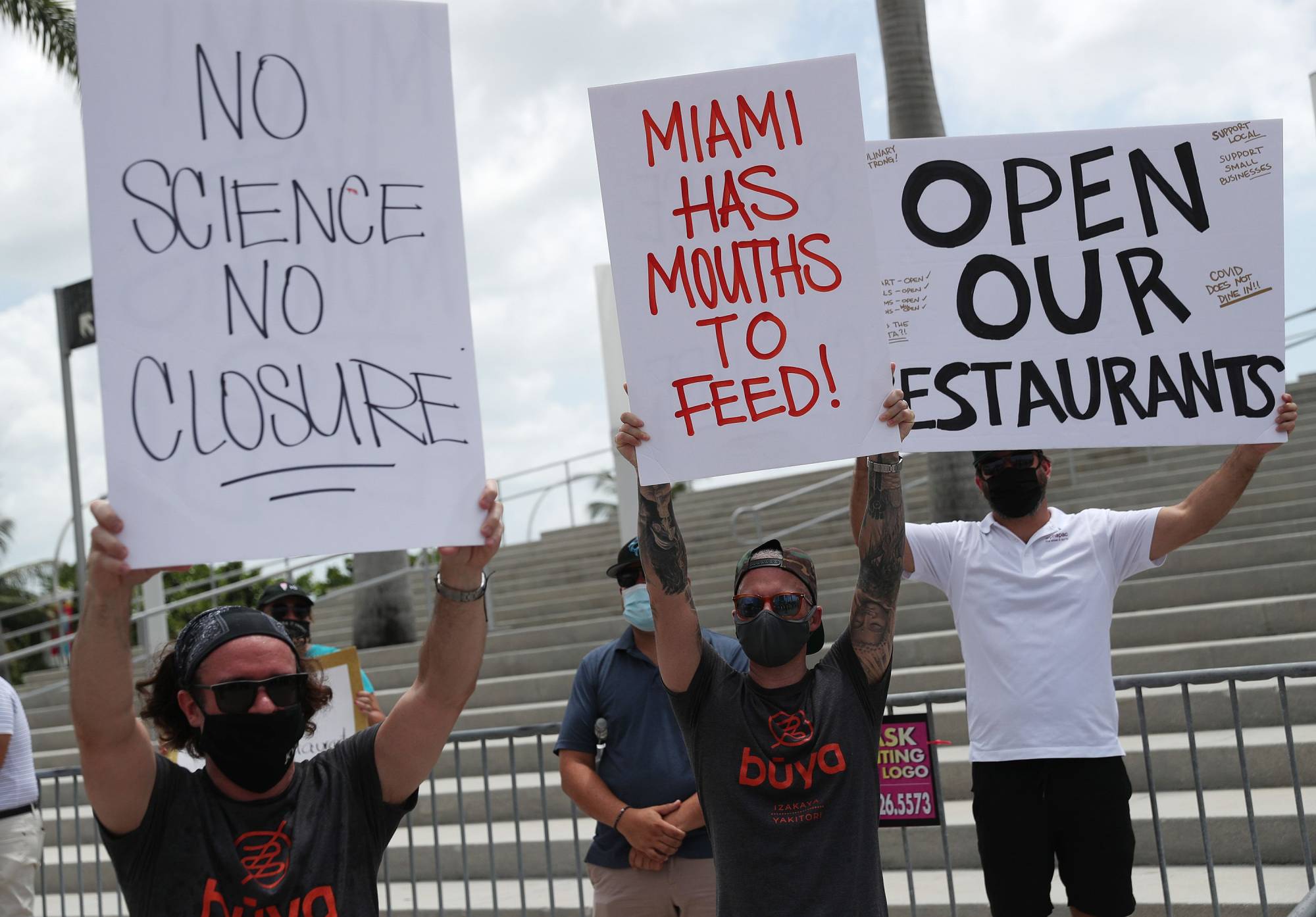Recent leaps in science should mean we can navigate the coronavirus pandemic more freely and safely than last spring, when so little was known about how the virus spreads. Knowledge should give us all power. But that’s not happening in the United States, in part because the way scientific knowledge is being politicized.
New findings are being filtered through a distorting film of spin. Set aside the needlessly heated debate over masks or the alarmingly partisan debate over reopening schools; it’s pretty easy to understand why those arguments have gotten so intense. But even a topic as neutral as the role of asymptomatic spread has been distorted by polarized narratives.
The extent of political spin on science became apparent after Maria Van Kerkhove, an epidemiologist and the World Health Organization’s technical lead on COVID-19, said that asymptomatic transmission was "rare.” That ignited widespread discussion on the implications for social distancing policy, questions over whether it was necessary and a detailed debate over "presymptomatic” versus "asymptomatic” carriers.


















With your current subscription plan you can comment on stories. However, before writing your first comment, please create a display name in the Profile section of your subscriber account page.